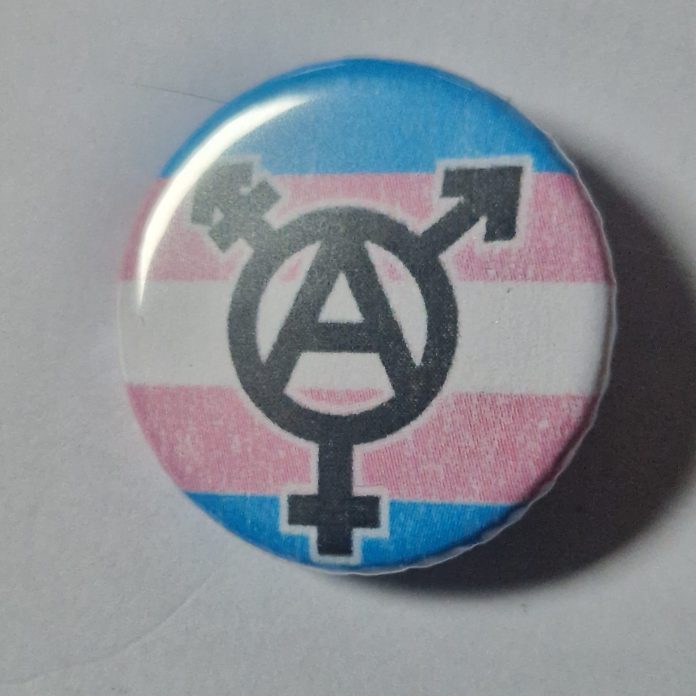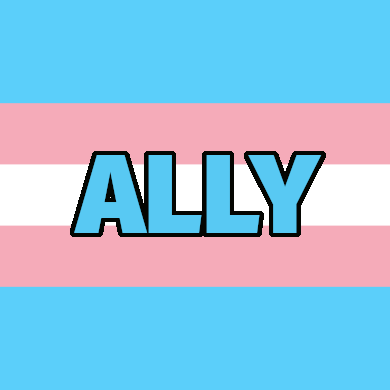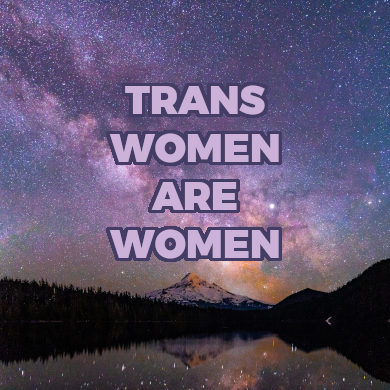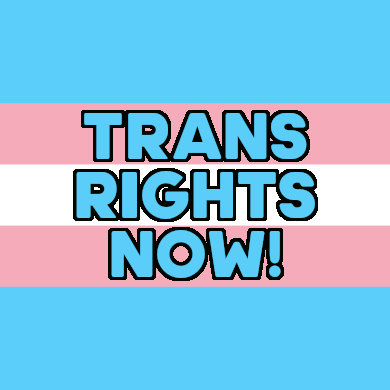40. Class War
£0.45
Class War the tabloid of UK anarchism!
In stock
Description
The first issue of Class war was produced in 1983 by a small group of people based in Swansea. Their background was in the production of a local, populist, agitational paper called the Alarm, which achieved some notoriety by exposing the corruption of local council leaders. The first issues of Class War were aimed at the large, punk, anarchist and pacifist movement of the time, for instance followers of bands like Crass.
The articles in Class War slagged off pacifism and the Peace movement and encouraged the idea that violence is necessary. They put forward a straight forward analysis, identifying the enemy not only as “the system” or the “State”, but as the ruling class (not only as a class, but also as individuals within that class)
The miner’s strike started in 1984 and the paper and its followers reacted to it swiftly. The writers of Class War had wanted to see the anarchist/punk ghetto take up the rebellion unleashed by the inner-city riots of 1981. Now that anger was taken up by thousands of miners throughout the country. To a large extent the paper dropped its discussion of the inadequacies of the CND and called for direct physical support for the miners. Class War alone supported the direct action of the strikers. Readership soared, not least in mining areas. Miners queued 20 or more for the paper at the big Mansfield demonstration in 1984. Class war was now a paper with readers and supporters well beyond the wildest expectations of its first producers.
The Class War Collective decided that the time was ripe to go beyond the paper and called a Bash. the Rich march in 1985, from Notting Hill to Kensington The Stop the City demonstrations of the early 80’s(which were not called by Class War) Had reflected the new mood in the anarchist scene, and around 500 people took part in this first incursion(albeit symbolic) of a hostile working class mob into a rich area since the 19th century.
Another Bash the Rich march took place from Camden to Hampstead (well, yes, we did get stopped halfway) and a very enjoyable day out to Henley Regatta took place in 1986. What was significant about all this was that we went to them, to the areas where they lived, which made them uncomfortable if only for a short time. The First Class war conference of some 50 people took place in 1985, and a rally of over 200 people was held in Holloway. The inner-city riots of late1985 proved to be another boost for Class War (12,000 papers were being sold each issue that Autumn)but following the end of the Bash The Rich campaign, an increasing number of people around the country wanted to consolidate the gains of the last three years.
A national conference in Manchester supported their proposal that the groups and individuals who wrote and sold the paper should form “Class War” groups as part of a National Federation with common ‘aims and principles’. The reason we chose to federate was that it is the most democratic form of organisation, whereby groups within the federation have a large degree of freedom within an agreed set of politics and strategy. Some people could not accept the idea of such a degree of organisation and left – whoops! The end of the miners strike was the last straw for the British Left. They had failed dismally to come o terms with the changing political climate and the strongest Tory government since the war. The Labour Party went to the right, and groups like the Communist Party and the Workers Revolutionary Party faded into obscurity. The traditional areas of class conflict had all but disappeared (e.g. the work-place) The new battles were taking places in the streets and the communities of our towns and cities, like the yuppification of traditional working class areas. This is where Class War politics came into the forefront. We thrived!
In 1988 we launched an ambitious national tour called “Rock Against the Rich” with ex-Clash singer Joe Strummer. This was to promote Class War’s politics and name far and wide. It was the biggest event or campaign ever put on by an Anarchist/libertarian organisation in this country. Spring 1989 saw the production and distribution of Class War start to improve. From being an eight page bi-monthly we went to being a six-weekly, sixteen page, full colour tabloid.
The Federation shot to prominence after the 1990 poll tax riot in Trafalgar Square where the Metropolitan Police got a well deserved beating at the hands of thousands of people from all over the country. In stark contrast to the Left, particularly Militant, who all rushed to condemn the rioters, a Federation spokesman said they were “working class heroes” on national TV and radio. The Media was gobsmacked, questions were asked in parliament and Class War was read out in the House of Commons and Lords.
At the Autumn 1990 National Conference in Manchester the Federation voted to become a membership organisation, with membership fees, and a straightforward constitution. We decided to do this to pull together, more efficiently, the Federation’s resources, to make us a more effective national organisation and to bring in increased democracy with the proper election of officials and delegates.
At the Victory March in late March 1991,celebrating the repeal of the Poll Tax, the Class War Federation contingent was by far the biggest, with thousands of people marching with us. Much to the annoyance of Militant and the Police, who thought they were going to have it all their own way! In association with grass roots anti-Poll Tax groups and prisoners support organisations the Federation organised a successful Bailiff Day of Action, in July 1991,which saw poll tax bailiffs intimidated and harassed all over the country, turning the tables on these scum who profit out of misery and poverty. Class war has also taken off internationally in the early 1990’s with new Class War groups springing up in Europe and the USA and an international conference in London in 1991.
WHAT WE BELIEVE
Why Class War?
Class War is not just another party seeking to gain power or a new way of telling people what to do. Class war is what happens when ordinary people have had enough of being pushed around and decide to fight back. If you’re one of the people who’ve swallowed the crap about “we’re all middle class now” or “we live in a classless society” this is the time to stop reading! We live in a society severely split along the lines of class, where capitalism, the State and the ruling class dominate us. So what do we mean by this?
Capitalism
Capitalism is an economic system run purely for profit in the interests of a small class – the capitalists – at the expense of a larger class – the working class. The whole of our present society is geared to the needs of capitalism. It is the mechanism whereby we sell our labour, in exchange for money, to purchase the goods and services we need, which we also happen to have produced in the first place! However, we only get a proportion of the wealth that our labour produces, the rest goes to the capitalists in profit.
This is fundamental to capitalism – in order for it to work the many must produce wealth for the few. Western style capitalism is often hailed as being the free market, all it means is that they are “free” to exploit us.
The situation is exactly the same in the so-called “planned economies” of the “Communist” countries. Karl Marx suggested that capitalism is a machine governed by natural laws – it isn’t. It’s an economic system run by a group of people who compete fiercely with each other for the right to rip us off. Capitalism has nothing to offer us except an endless cycle of war, famine, recession and unemployment. It is not inevitable that it will die of it’s own accord, it could linger on for centuries yet, lurching from crisis to crisis, therefore it must be destroyed.
The State
Although capitalism is the major form of social organisation in terms of production, there are things that it can’t do. Broadly speaking it cannot supply the `social’ organisation of society, this hole is filled by something else – the State.
The State is the means by which a tiny minority control and dominate the rest of us, in the interests of the ruling power in our society – the capitalists. To give you an idea of how small a minority we are talking about, the often quoted figures are still true – that 7% of the population owns 84% of the wealth. The state is a set of institutions and bodies through which government is exercised e.g. parliament, local government, ministries, civil service, police, law, education, and the church. The aim of government is to keep the lid on class conflict, and to control competition between the capitalist, to make sure of the smooth running of society. It does this by enforcing the laws of private property, and the right of capitalists to buy and sell it. It doesn’t matter whether that property is land, food, health, sex, factories, houses or anything else that takes their fancy.
But the State came before capitalism, and it has always been a form of control and oppression in the interests of whatever ruling class is in power, and whatever economic system they choose to use. In Britain we are given the `choice’, every five years or so, of what Party we’d like to govern us. This, like many other `choices’, is a false on, a con trick to fool us into thinking we can change things through the vote. It also gives us politicians, as figureheads, to blame for our difficulties.
But the reality is that the power of the state lies with the capitalists, and the states own officials – they pull the strings. With power concentrated like it is there is always the risk that a small group can mount an attempt to gain control of the state, for example Fascists or Lenin-inspired communists. This would be nothing more than swapping one set of bosses for another – we want to sweep the lot of them away.
Additional information
| Weight | 0.005000 kg |
|---|





